Differences and similarities between words
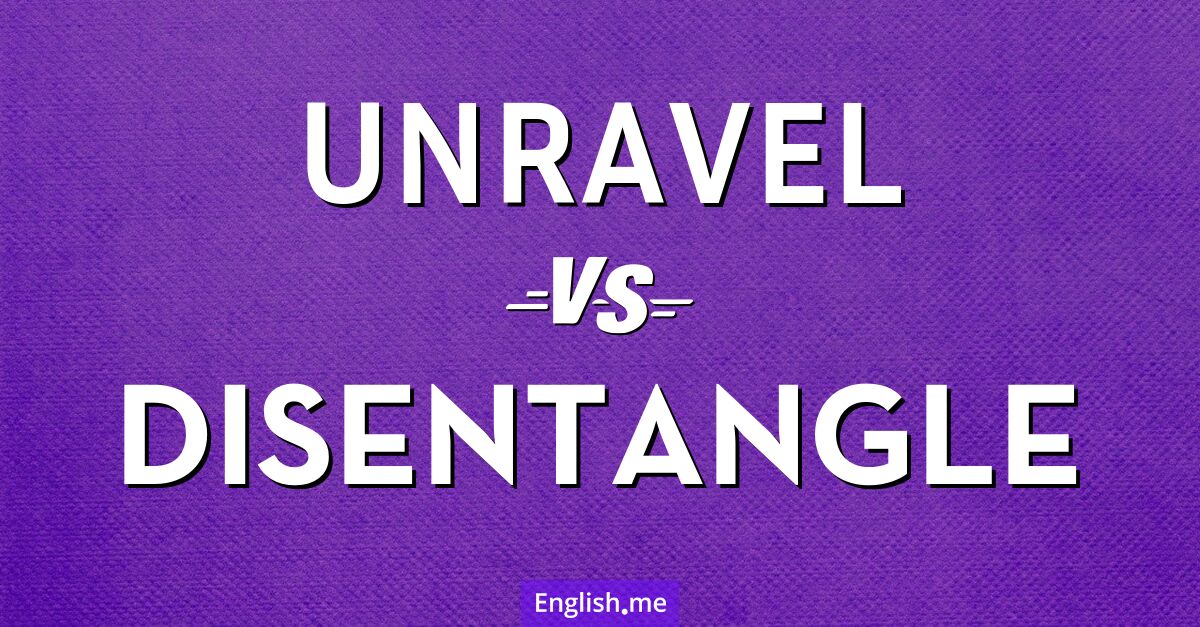
"Unravel" vs. "disentangle": threads of meaning
"Unravel" often implies a process where something comes undone and ... Learn more →
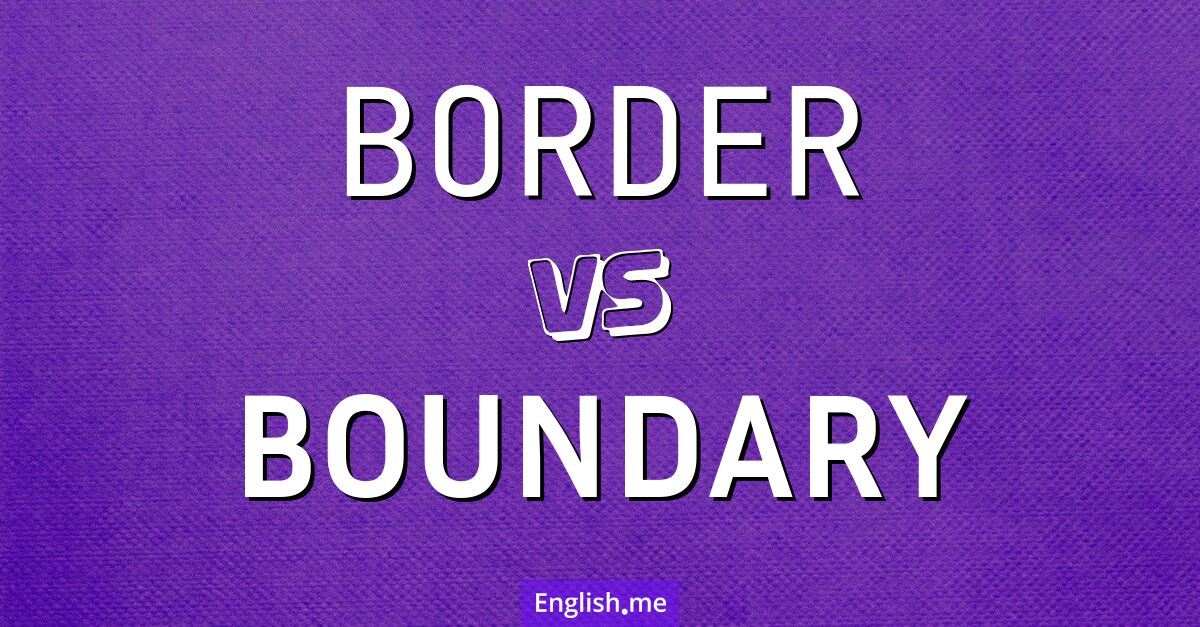
Drawing the line: "border" vs. "boundary"
"Border" often specifically refers to the line separating two political ... Learn more →
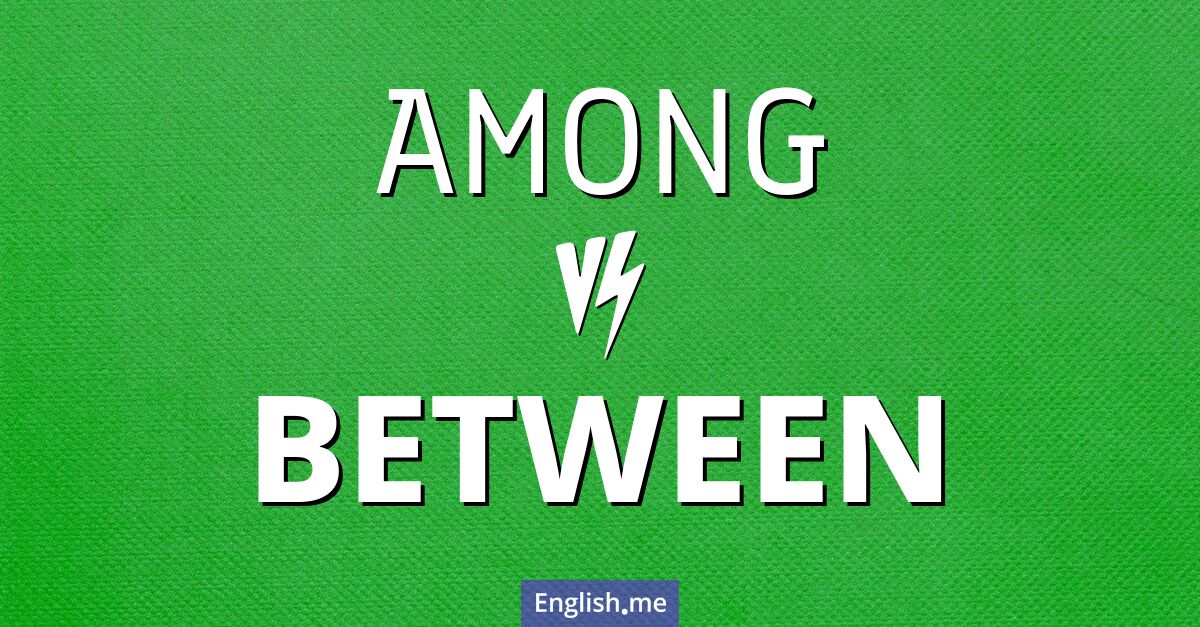
"Among" vs "between": what's the difference?
"Between" is typically used when referring to two entities or ... Learn more →
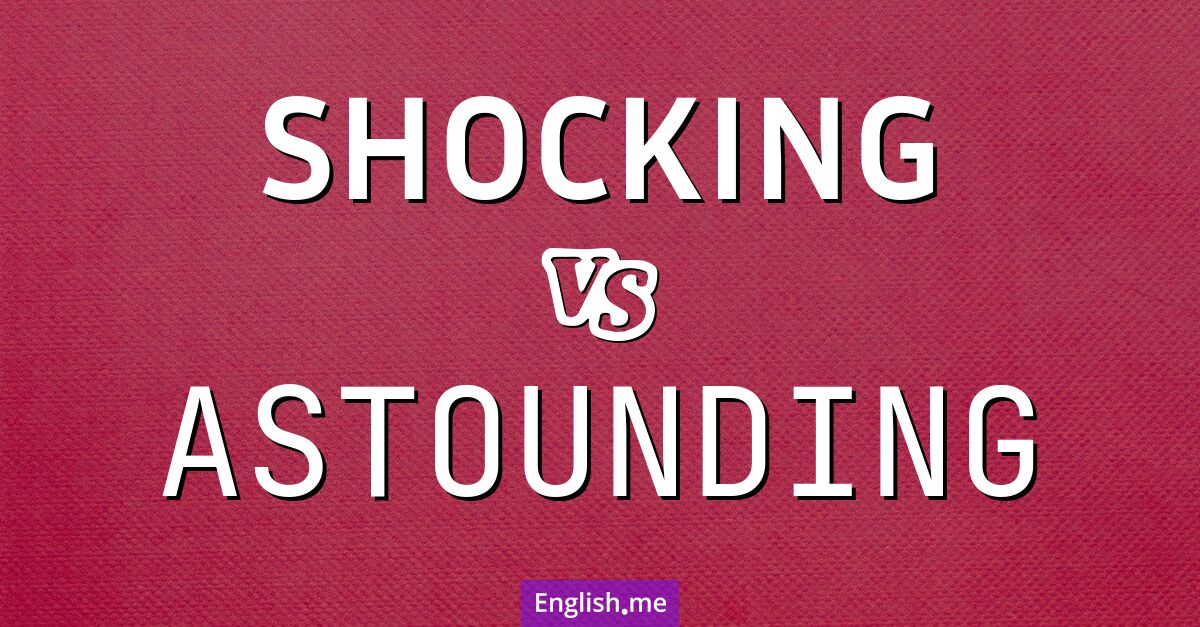
"Shocking" vs. "astounding": a surprising comparison
"Shocking" typically implies something disturbing, upsetting, or morally outraging, whereas ... Learn more →
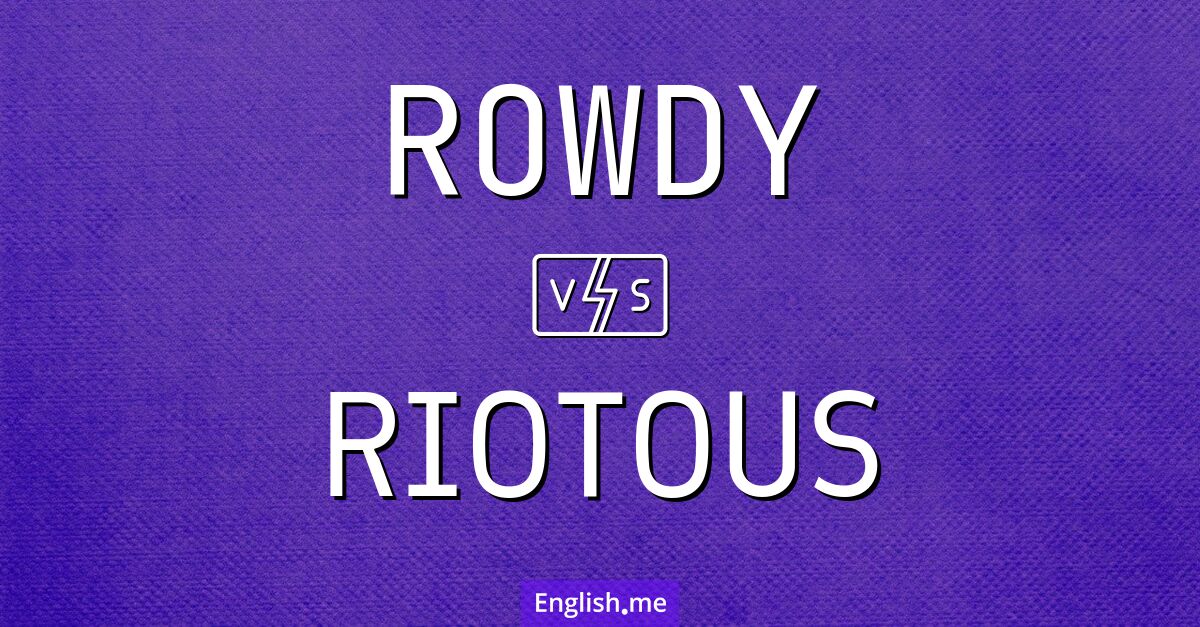
"Rowdy" vs. "riotous": exploring two sides of chaos
"Rowdy" typically refers to people who are noisy and disruptive, ... Learn more →
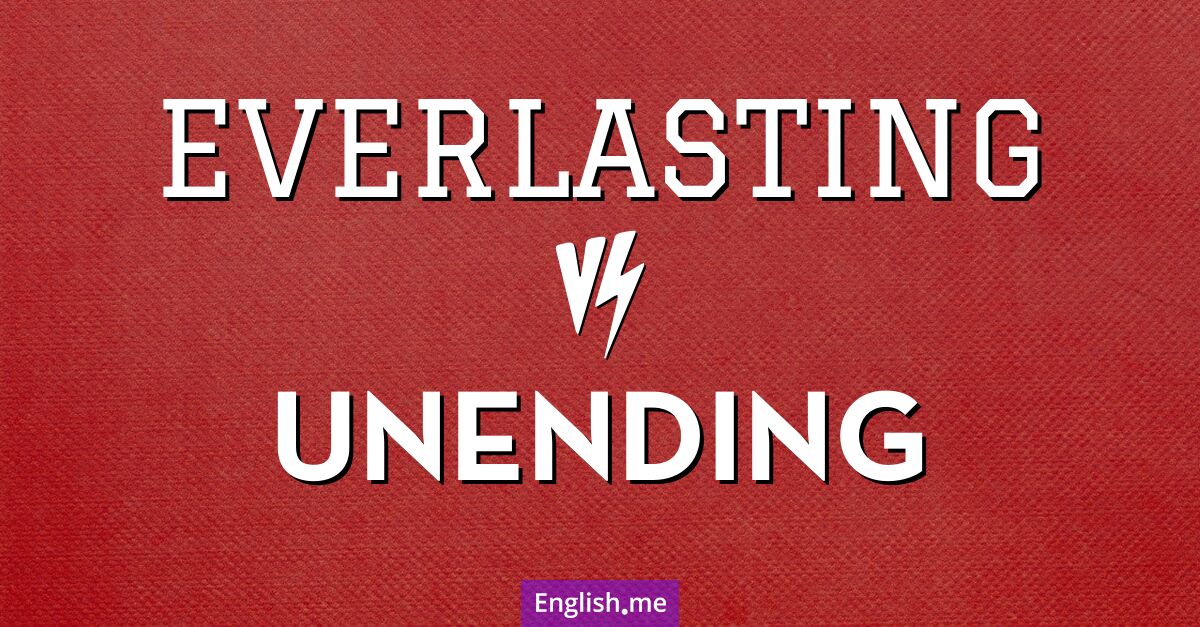
"Everlasting" vs "unending": shades of forever
"Everlasting" often conveys a sense of permanence or eternity with ... Learn more →
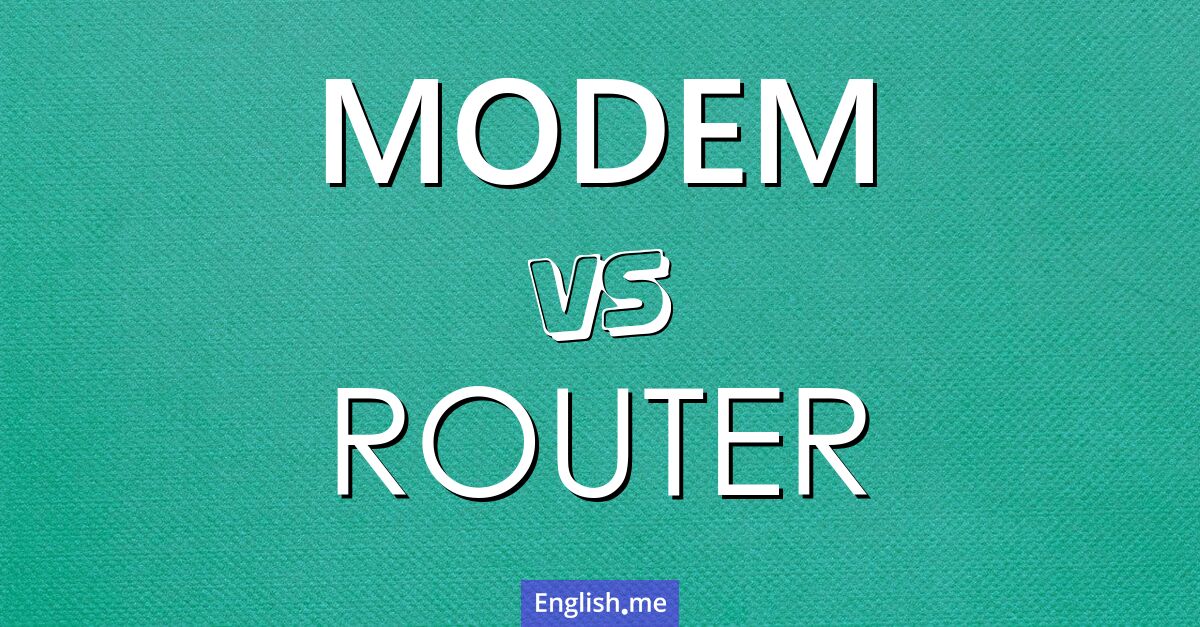
"Modem" vs. "router": tech twins or distant relatives?
A modem connects a network to the Internet through an ... Learn more →
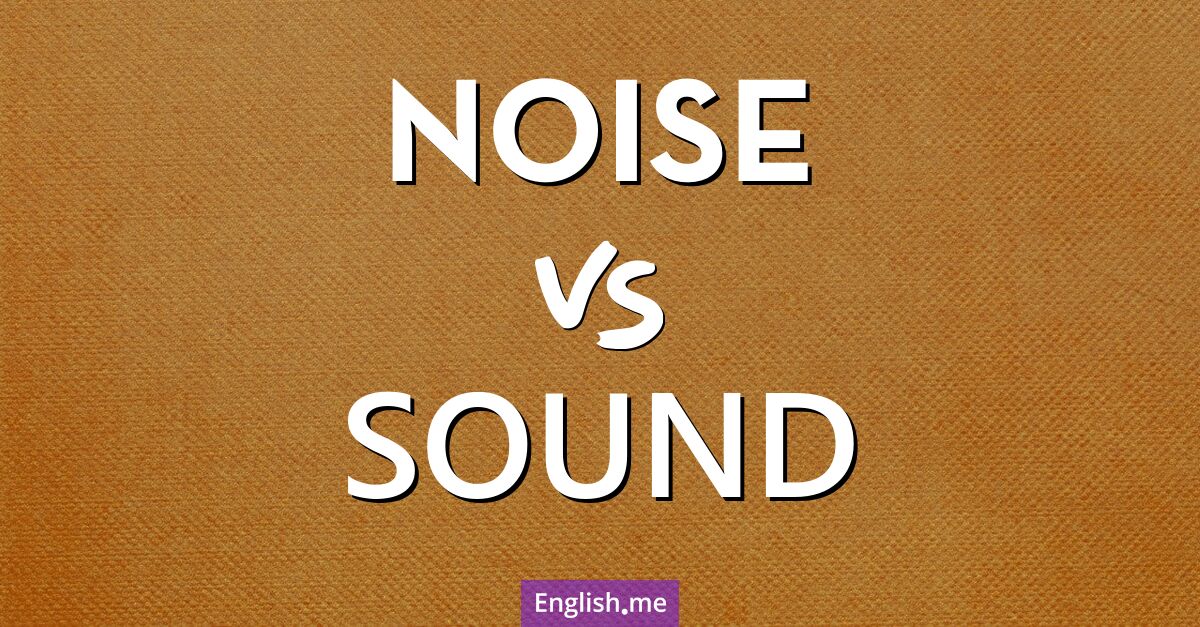
"Noise" vs. "sound": decoding the audible divide
"Sound" is a more general term for anything that can ... Learn more →
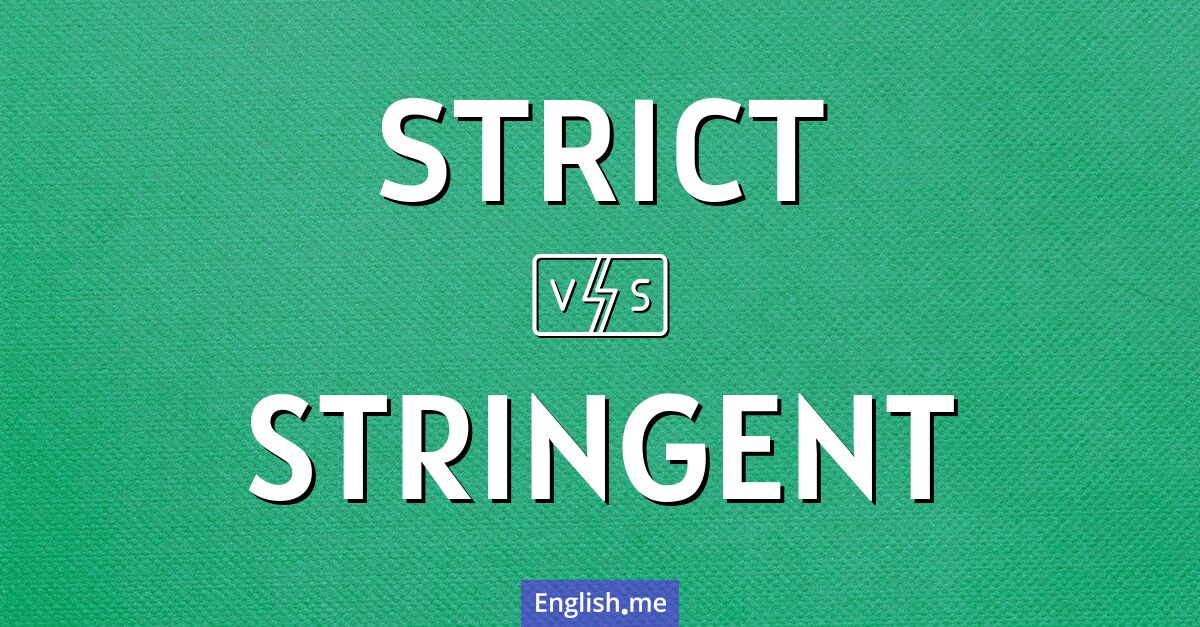
Tight terms: comparing "strict" and "stringent"
While "strict" can apply to people, rules, or standards and ... Learn more →
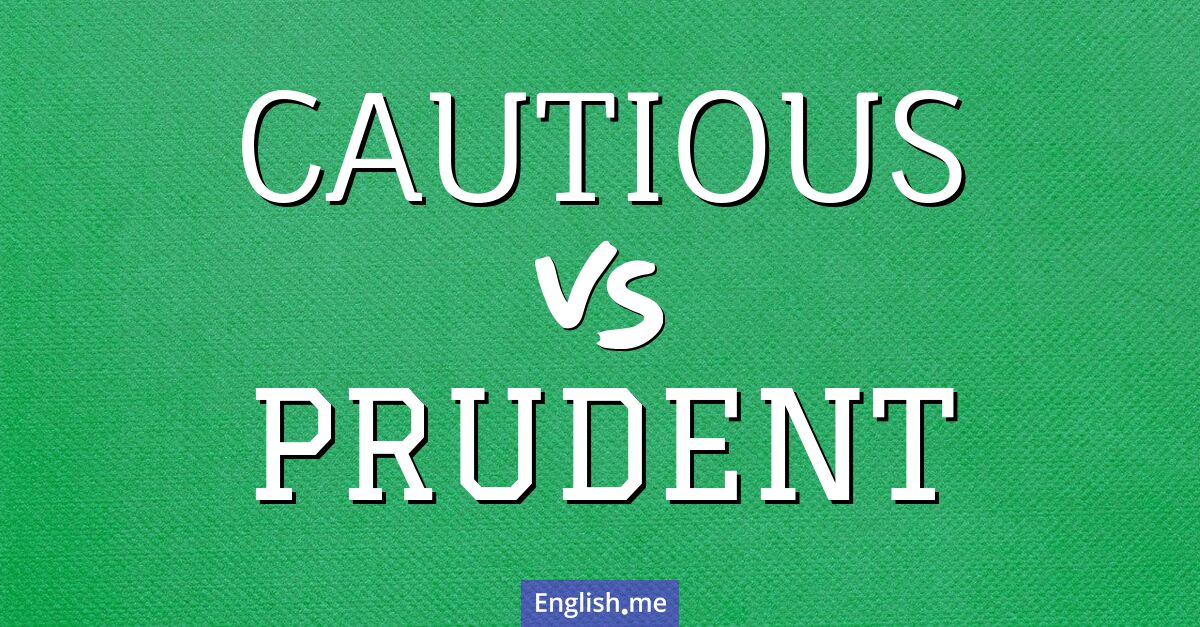
"Cautious" vs. "prudent": comparing careful choices
While "cautious" generally emphasizes avoiding danger or risk with careful ... Learn more →

 English
English español
español française
française italiano
italiano deutsche
deutsche 日本語
日本語 polski
polski česky
česky svenska
svenska Türkçe
Türkçe Nederlands
Nederlands